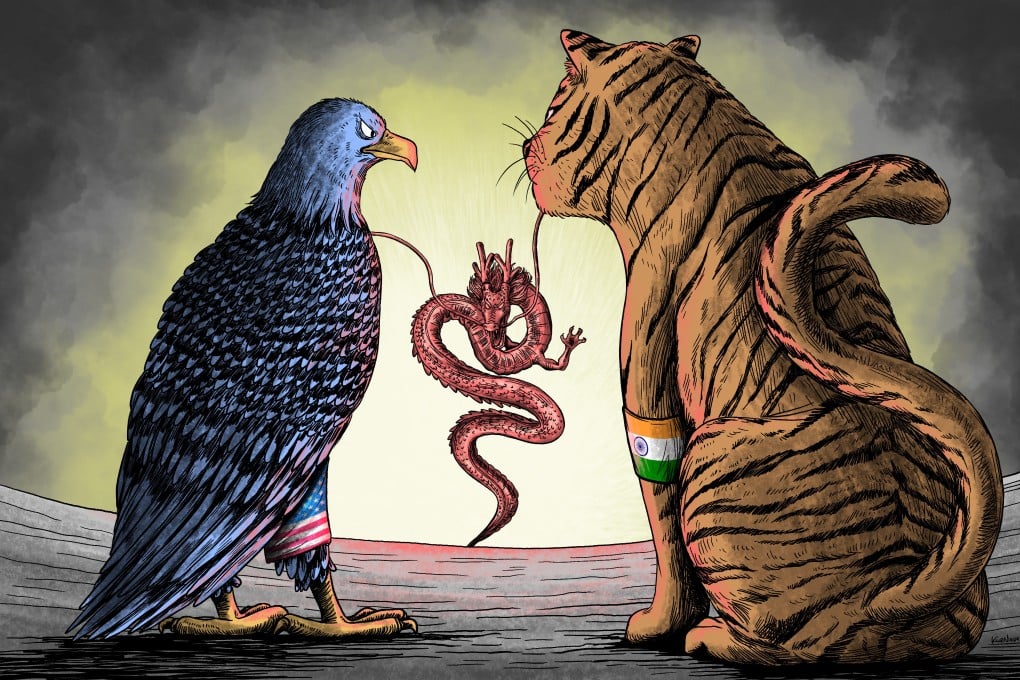As US and India line up in a second Trump administration, China could be targeted
Trump nominees for high-level positions suggest Washington will lean more toward New Delhi and further from Beijing, analysts say

Days after Donald Trump’s electoral win sent shock waves of concern through Europe and Asia, India’s top diplomat seemed to mock the response, expressing confidence in being able to navigate the US president-elect’s approach to foreign relations.
Indian Foreign Minister Subrahmanyam Jaishankar said that many countries might be nervous, but that “India was not one of them”.
Prime Minister Narendra Modi’s congratulations, Jaishankar said, were “among the first three calls, I think, that President Trump took”.

Several of the nominees Trump announced last week – Senator Marco Rubio for US secretary of state, Representative Mike Waltz for national security adviser, and former representative Tulsi Gabbard for director of national intelligence – have staunchly supported stronger relations with India as part of the US strategy to counter China in the Indo-Pacific.
While some analysts argued that Trump’s “America First” policy may impede deeper cooperation in tech and trade with India, others contended that India is likely to have a better chance at striking a favourable deal with Trump than China.
Either way, the new team is likely to shift the US strategic focus, placing less emphasis on human rights and India’s relationship with Russia. Under outgoing President Joe Biden, the US worked to strengthen ties with New Delhi as a counterbalance to China, while pressing Modi on his civil liberties record. The new approach may prioritise other concerns, altering that balance.
“It turns out that the overall mix is very favourable to India,” said Sarang Shidore, director of the Global South programme at the Quincy Institute in Washington, citing the more pro-India and anti-China stance voiced by several of Trump’s cabinet nominees.
